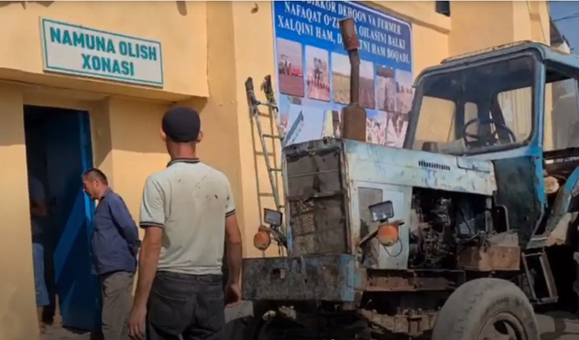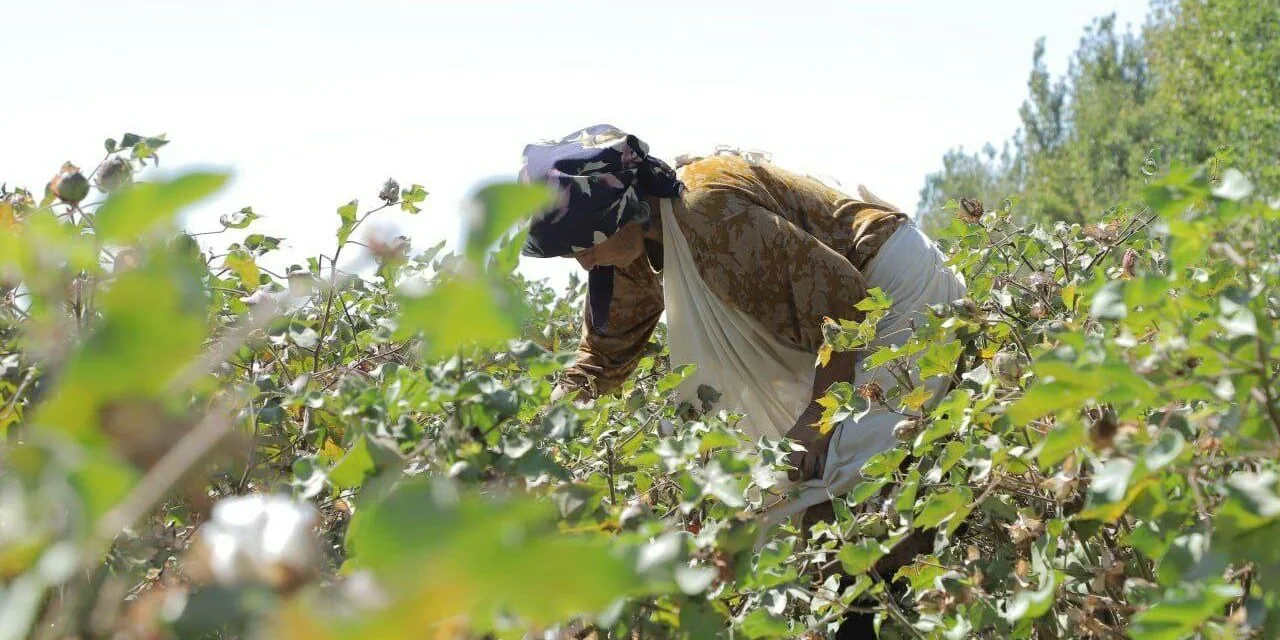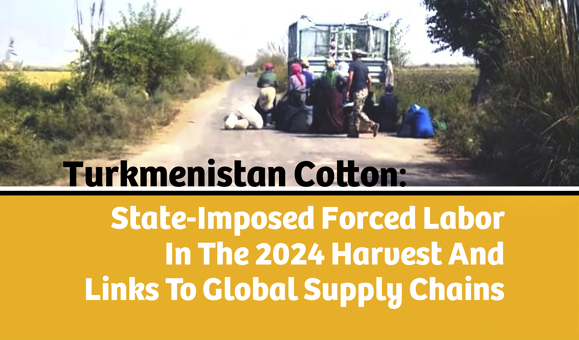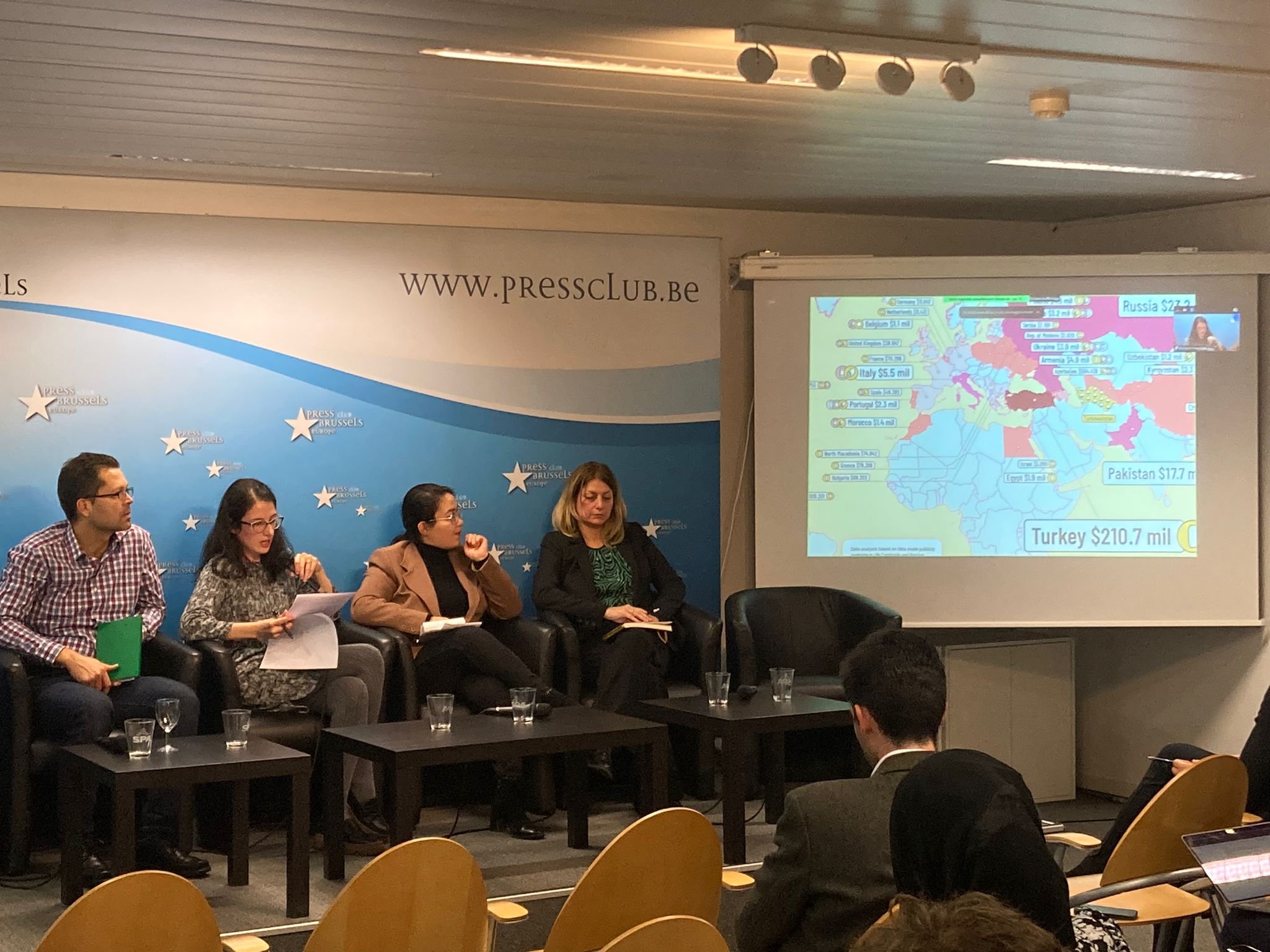This factsheet summarises Anti-Slavery International’s recommendations on how to effectively address state-imposed forced labour under responsible business standards. It is the result of years of collaboration with partners and practitioners that seek to address state-imposed forced labour, particularly with the Coalition to End Forced Labour in the Uyghur Region and the Cotton Campaign.
2022 was supposed to have marked a turning point for Uzbek cotton, once synonymous with state-sanctioned slavery.
“When the international community ignores a country like Turkmenistan, it sends a message that some lives – and some struggles – matter less.”
On April 3, 89 civil society organizations signed a joint statement calling on the IFC and the EBRD to ensure remedy and accountability, for the severe and systemic violations at Indorama Agro cotton project, Uzbekistan.
The 2024 harvest saw a shortage of pickers, government backtracking on positive legislation, and issues stemming from the cotton cluster system; problems rooted in continued state efforts to micromanage the industry.
Journalist Khudayberdy Allashov died last August, after a decade of persecution by the Turkmen authorities. They accused him of daring to write about systematic forced labor in the country’s cotton fields – an open secret that isn’t stopping some European textile brands from sourcing from Turkmenistan.
Today, the European Union approved a law forbidding the sale in the EU of products made with forced labor, a decisive step in combatting this abusive practice and holding corporations to account. The Forced Labor Regulation (FLR) will require authorities of all EU states to ban from the EU market any products or components which have been made, in part or whole, with forced labor.








![Disengagement In Cases Of State-Imposed Forced Labor [OECD Side Session]](https://images.squarespace-cdn.com/content/v1/618550501fe9be0ff3428860/1741683823580-AKTCVG4VOZCYBL91C8VL/Picture%2B4.jpg)







![German Businesses Should Cut Ties With Turkmenistan’s Textile Industry [Cotton Campaign Correspondence With German Business Association]](https://images.squarespace-cdn.com/content/v1/618550501fe9be0ff3428860/1690274874970-Q51FTO081GFS4LWNNI7Z/Screenshot%2B2023-07-25%2Bat%2B10.14.36.jpg)





![Ending State-Imposed Forced Labor in Cotton Supply Chains [OECD Side Session]](https://images.squarespace-cdn.com/content/v1/618550501fe9be0ff3428860/1676969642065-JGYHFW1BBIDELD2OF8MS/CC-News-OECD-Forum.png)